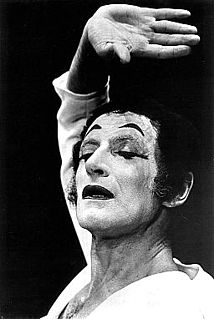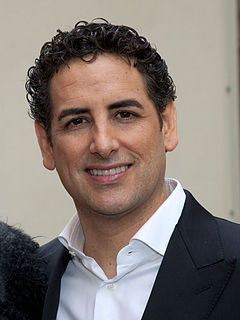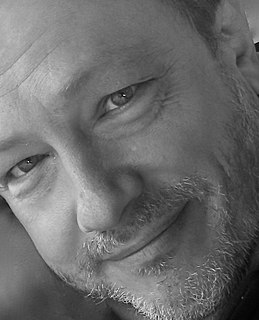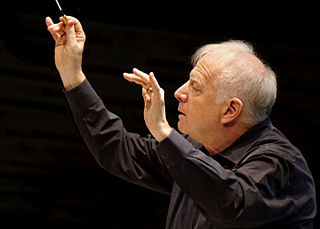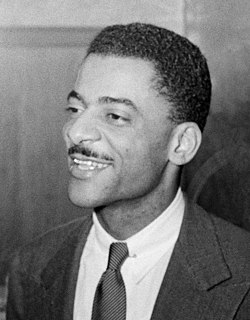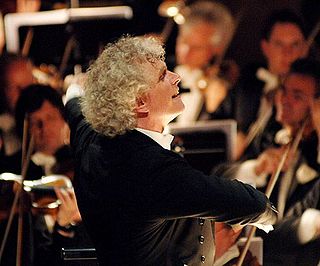A Quote by Michael Tilson Thomas
But a large symphony orchestra basically is a repertory company and it has a very enormous repertoire and it is important for the performers to be able to know how to shift focus so that they instantly become part of the sound world that a particular repertoire demands.
Related Quotes
I have had much pleasure in working with Orphei Drängar during my time as chief conductor of the Gothenburg Symphony Orchestra, and I consider OD to be one of the most brilliant men´s choirs in the world. The singers are highly professional and their repertoire is of a very wide range, but then they have been trained for years by Eric Ericson, the world´s leading choir conductor. I also admire the strength and the beauty of their voices. OD is an extraordinary powerful choir!
Duke Ellington's career traces the entire history of jazz. The repertoire associated with him contains the most important elements in the music and provides concrete examples of some of the best ways to present the music in the widest variety of settings-radio, TV, recordings, movies, concert halls, festivals, solo, small ensemble, big band, symphony orchestra, opera, Broadway shows.... You name it, he did it!
The brain is more than an assemblage of autonomous modules, each crucial for a specific mental function. Every one of these functionally specialized areas must interact with dozens or hundreds of others, their total integration creating something like a vastly complicated orchestra with thousands of instruments, an orchestra that conducts itself, with an ever-changing score and repertoire.


